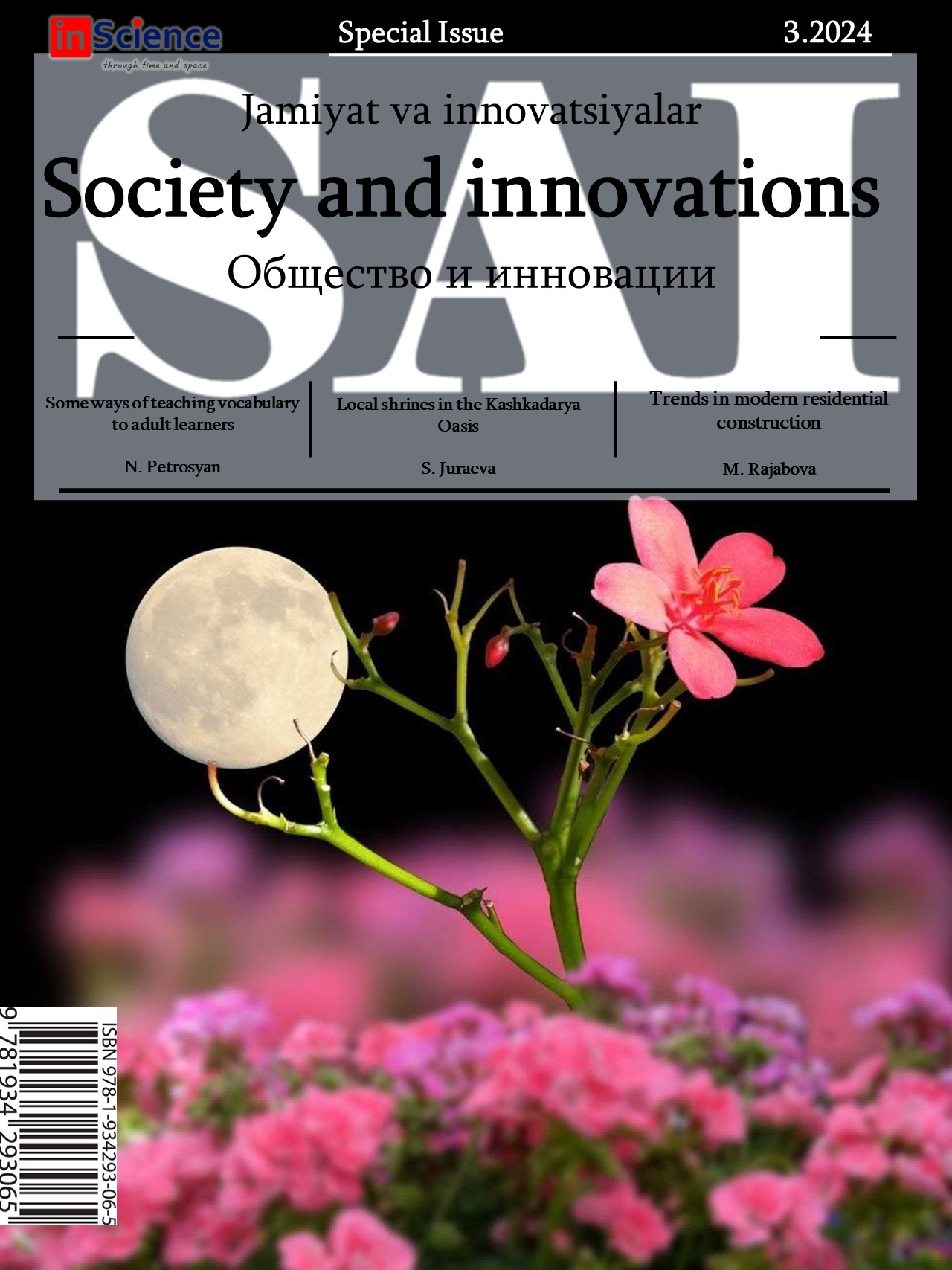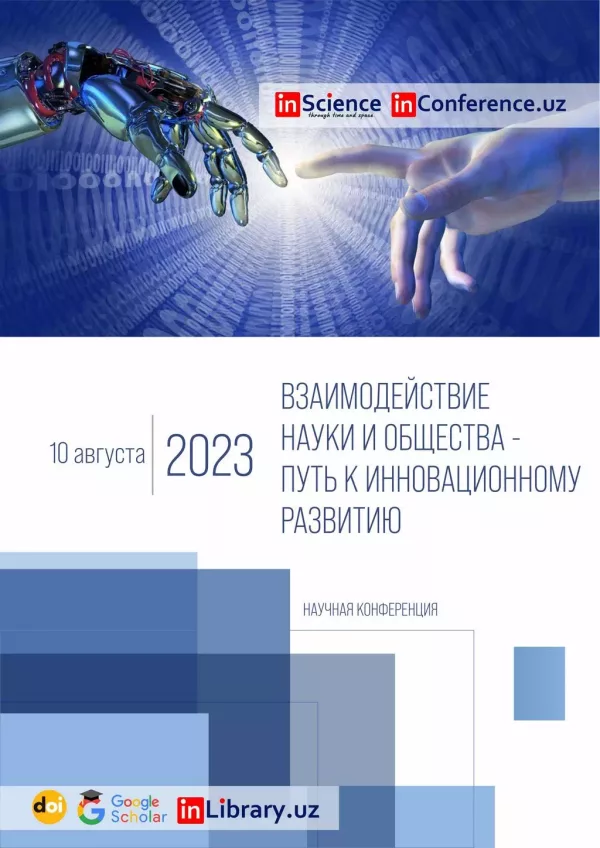DOI
https://doi.org/10.47689/2181-1415-vol5-iss3/S-pp147-152Ключевые слова
таможенное администрирование / упрощение процедур торговли / управление рисками / таможенная оценка / автоматизацияАннотация
Эта статья посвящена изучению административно-правовых аспектов таможенного администрирования в Узбекистане. Она включает анализ Таможенного кодекса страны, нормативных актов и процедур, их сравнение с международными стандартами и лучшими практиками. Несмотря на значительные шаги в модернизации правовой базы, в статье отмечается, что Узбекистану предстоит решить ряд проблем, связанных с внедрением контроля на основе анализа рисков, проведением таможенной оценки, упрощением торговых процедур и их автоматизацией. В качестве рекомендаций предлагается оптимизация процессов, расширение программы для уполномоченных экономических операторов, приведение законодательства в соответствие с нормами ВТО, развитие государственно-частного партнерства и применение новых технологий.
Скачивания
Библиографические ссылки
World Bank. (2020). Doing Business 2020: Uzbekistan. World Bank.
Republic of Uzbekistan. (2016). Customs Code of the Republic of Uzbekistan.
State Customs Committee of the Republic of Uzbekistan. (n.d.). About Us. Retrieved from https://customs.uz/en/about
Widdowson, D. (2007). The changing role of customs: evolution or revolution. World Customs Journal, 1(1), 31-37.
World Customs Organization. (2021). Uzbekistan accedes to the Revised Kyoto Convention. WCO News, 94.
Turaev, A. (2020). Uzbekistan's WTO accession: challenges and opportunities. World Trade Review, 19(4), 456-471.
Laporte, B. (2011). Risk management systems: using data mining in developing countries' customs administration. World Customs Journal, 5(1), 17-27.
United Nations Economic Commission for Europe. (2019). Regulatory and Procedural Barriers to Trade in Uzbekistan. United Nations.
Widdowson, D., & Holloway, S. (2011). Core border management disciplines: risk-based compliance management. Border Management Modernization, 95-114.
World Customs Organization. (2018). Guide to Customs Valuation and Transfer Pricing. WCO.
Moïsé, E., & Sorescu, S. (2013). Trade Facilitation Indicators: The Potential Impact of Trade Facilitation on Developing Countries' Trade. OECD Trade Policy Papers, No. 144, OECD Publishing, Paris.
Choi, J. Y., & Yoo, S. H. (2020). A study on advance rulings for customs valuation in Korea. World Customs Journal, 14(2), 3-16.
United Nations Economic and Social Commission for Asia and the Pacific. (2020). Readiness Assessment for Cross-Border Paperless Trade: Uzbekistan. United Nations.
Altemöller, F. (2011). Towards an international regime of supply chain security: an international relations perspective. World Customs Journal, 5(2), 21-34.
World Customs Organization. (2018). Guidelines on Trader Identification Number. WCO.
State Customs Committee of the Republic of Uzbekistan. (2020). Latest news: The State Customs Committee has introduced an updated version of the Unified Automated Information System. Retrieved from https://bts.uz/en/news/latest-news-1
Khasanova, N. (2020). Facilitating trade procedures in Uzbekistan: problems and solutions. International Journal of Innovation and Economic Development, 6(4), 7-19.
Okazaki, Y. (2018). Unveiling the potential of blockchain for customs. WCO Research Paper No. 45. World Customs Organization.
McLinden, G., Fanta, E., Widdowson, D., & Doyle, T. (2011). Border management modernization. World Bank Publications.
United Nations Conference on Trade and Development. (2016). Trade Facilitation and Development: Driving Trade Competitiveness, Border Agency Effectiveness and Strengthened Governance. United Nations.
Wilmsmeier, G., & Hoffmann, J. (2008). Liner shipping connectivity and port infrastructure as determinants of freight rates in the Caribbean. Maritime Economics & Logistics, 10(1), 130-151.
Weerth, C. (2019). Customs and blockchain technology: opportunities, challenges and applications. Customs Scientific Journal, 9(1), 15-28.
Загрузки
28 12Опубликован
Как цитировать
Выпуск
Раздел
Лицензия
Copyright (c) 2024 Дилдора Мухиддинова (Автор)

Это произведение доступно по лицензии Creative Commons «Attribution» («Атрибуция») 4.0 Всемирная.




















